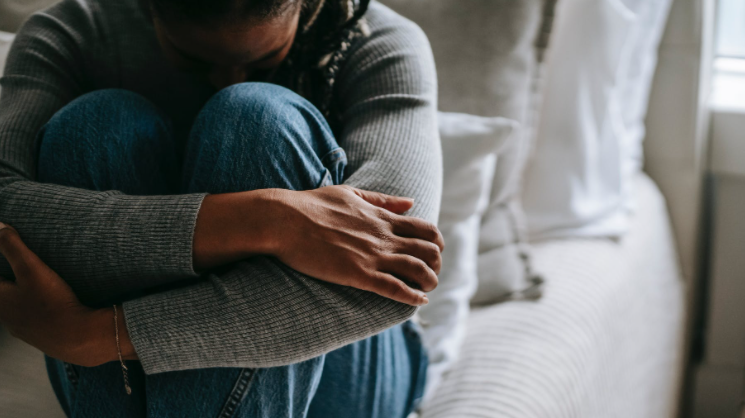
Depression is a mood disorder that can affect people of all ages and backgrounds and causes a persistent feeling of sadness and loss of interest.
Depression is not just the normal sadness that you feel when things don’t go your way; it is persistent sadness that you can’t shake off even when everything is going on well for you.
Depression is more than just a bout of blues; it isn’t a weakness you can simply snap out of. It is a serious condition that can significantly impact an individual’s ability to function in their daily life.
Depression is characterized by feelings of sadness, hopelessness, and worthlessness that persist for a prolonged period of time.
There are many different types of depression, including major depressive disorder, persistent depressive disorder, bipolar disorder, and seasonal affective disorder. Each type of depression has its own unique symptoms and treatment options.
Some common symptoms of depression include feelings of sadness, loss of interest in activities, changes in appetite or sleep patterns,unexplained physical problems such as waist pain, fatigue, difficulty concentrating, slow thinking and thoughts of suicide or self-harm.
For many people with depression, symptoms usually are severe enough to cause noticeable problems in the person’s day to day activities.
MENTAL HEALTH
It is important to note that everyone experiences depression differently, and some people may not exhibit all of these symptoms.
Depression can be caused by a variety of factors, including genetic predisposition, hormonal imbalances, chronic stress, and traumatic life events. It is often a combination of these factors that contribute to the development of depression.

Treatment for depression typically involves a combination of medication and therapy. Antidepressant medications can help to alleviate symptoms of depression by balancing neurotransmitters in the brain. Therapy, such as cognitive-behavioral therapy (CBT), can help individuals learn coping skills and techniques to manage their symptoms. And in very severe cases, electroconvulsive therapy is done.
In addition to medication and therapy, there are also lifestyle changes that can help alleviate symptoms of depression.
These include getting regular exercise, eating a healthy diet, practicing relaxation techniques such as yoga or meditation, and getting enough sleep.
If you or someone you know is experiencing symptoms of depression, it is important to seek help from a mental health professional. Depression is a treatable condition, and with the right treatment and support, individuals can recover and lead fulfilling lives.
Author-Ahanta Bred




